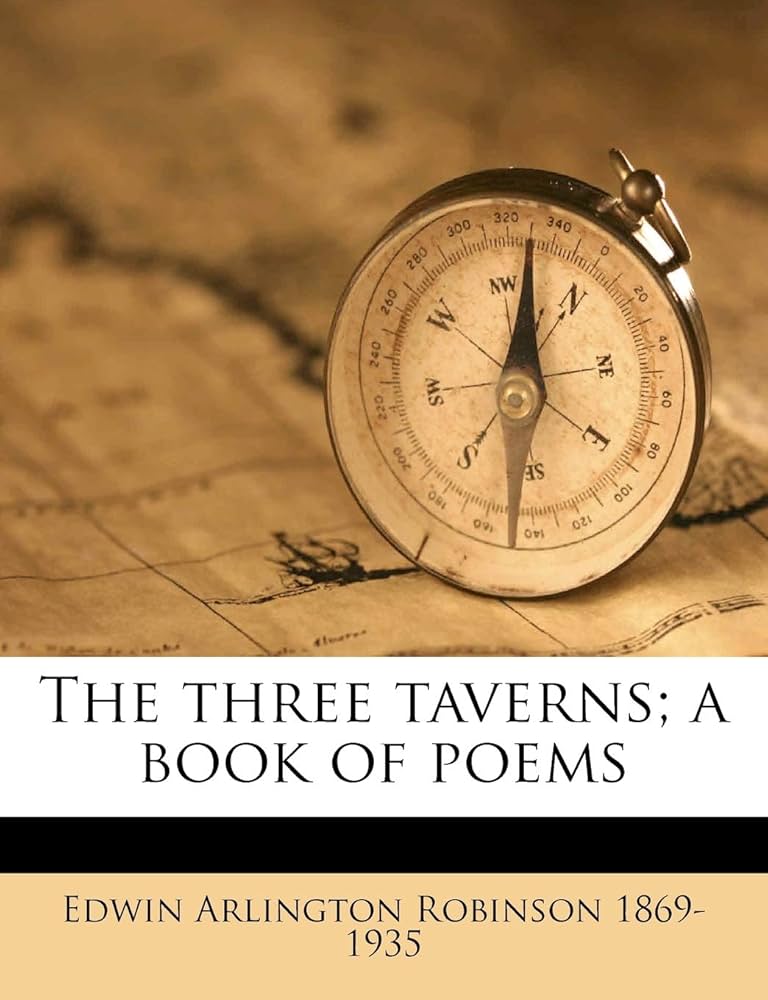John Brown
byJohn Brown begins not as a declaration, but as a solemn meditation by a man approaching the end of his mortal journey. He does not plead for sympathy nor seek forgiveness. Instead, he reflects on the emotional distance that time, cause, and conviction have placed between himself and the woman he addresses. Their separation, more spiritual than physical, was born of his unwavering pursuit of justice—an endeavor he admits left little room for tenderness. Yet beneath this admission lies no regret, only a solemn understanding that his path required a shedding of comfort and closeness. His silence through life, he implies, will be broken in death, not by his voice but by the consequences of his choices.
This letter-like confession moves gradually from memory to philosophy. He sees death not as a punishment but as a pivotal moment that clarifies the significance of his actions. Though he may vanish from the world, the ideals he upheld—freedom, justice, dignity—will live on in others. He sees his death not as an end but as a beginning for the movement he served. Even if misunderstood in his time, he trusts that the future will sift through the noise and find meaning in what he left behind. That faith, quiet but firm, carries him through the shadow of mortality. The cause, not the man, is what must endure.
As he envisions the future, he speaks of coming storms and necessary reckonings. Not as threats, but as purifications—a moral cleansing that must sweep through a nation still tethered to injustice. This was not vengeance, he insists, but renewal. Just as fire clears the field for new growth, so too must struggle clear the path for change. His voice, though tired, holds a calm authority that sees beyond immediate consequence to eventual redemption. He does not ask to be remembered as a hero or martyr. What matters is that the seed he planted—however violently—will grow into something that bears fruit for others.
He acknowledges that others may call him mad, a danger, or a fool driven by fantasy. These judgments, he says, are not for him to contest. History is never kind to those who challenge its comfort. And yet, he knows that some will understand. He places his trust in those few, believing that their understanding will carry forward his legacy. His actions, he explains, are not born of hate but of relentless empathy for those who suffer. That compassion, misunderstood as fanaticism, remains the core of his resolve.
The letter becomes not just a farewell but a quiet manifesto. It is a declaration of intent, not to incite chaos but to reveal injustice and to act against it, even at great personal cost. His words speak not to the politicians or the crowds, but to the conscience of a single reader—one heart that might carry the weight of what he tried to do. In this way, his death becomes a whisper passed from soul to soul.
He remembers the silence of long nights in prison and the noise of doubt echoing through them. Yet he never let go of the belief that truth has its own rhythm and patience. Some truths cannot be shouted—they must be lived, and sometimes died for. Even now, with his strength fading, he finds solace not in glory, but in the hope that someone, somewhere, will understand what he meant. That hope softens the inevitability of the noose, making it an instrument not of defeat, but of meaning.
The chapter closes on a note of quiet, the kind that comes after deep and necessary sorrow. Brown’s last words to the woman he addresses—possibly his wife, perhaps simply humanity itself—are not dramatic. They are grateful. Grateful for having walked a path he believes was true, even if lonely. He asks for nothing but remembrance not of him, but of the purpose he served. In a world quick to forget those who burn for causes greater than themselves, Robinson ensures that Brown’s voice—clear, tragic, and unwavering—lingers just a little longer in the reader’s mind.

